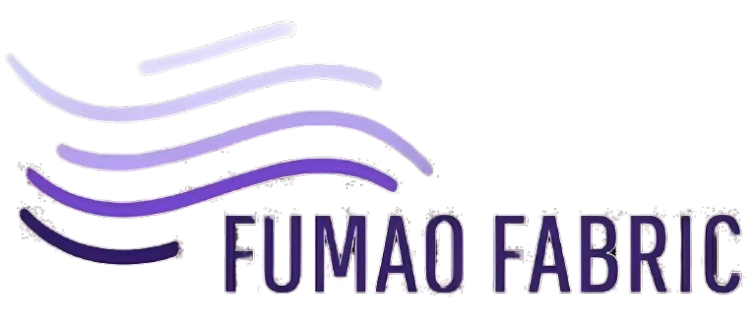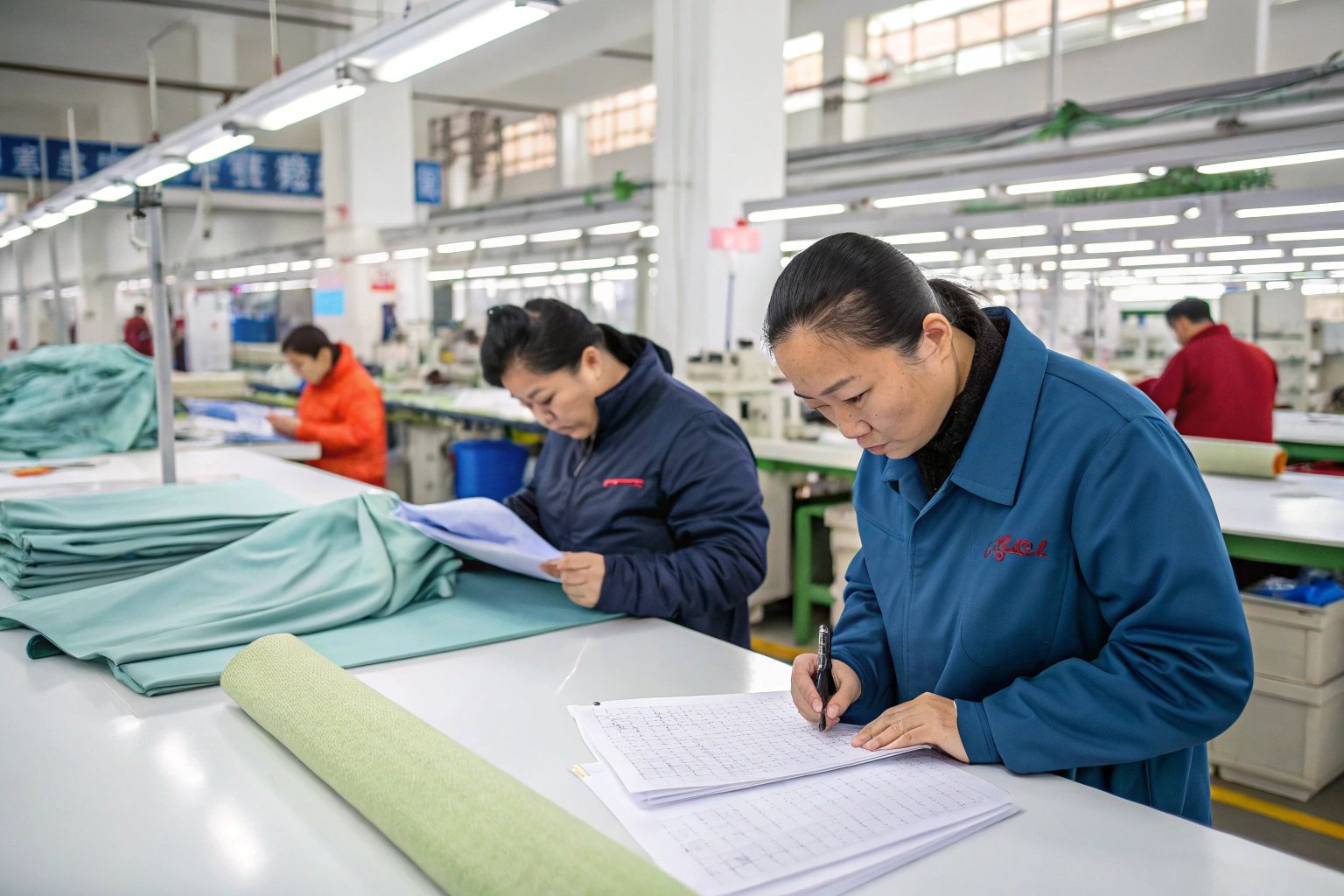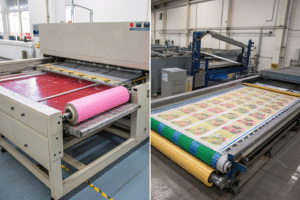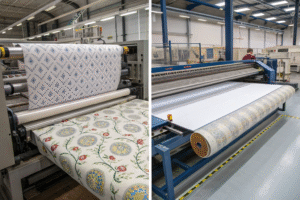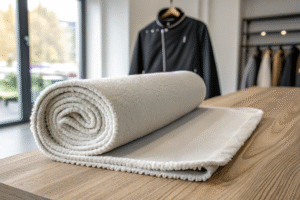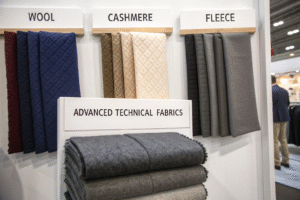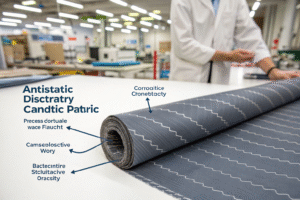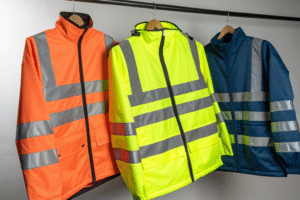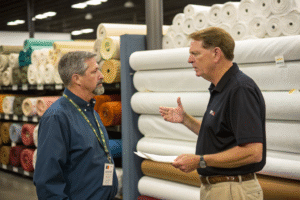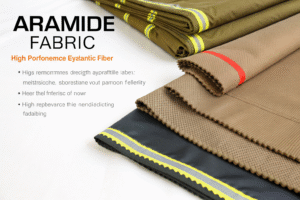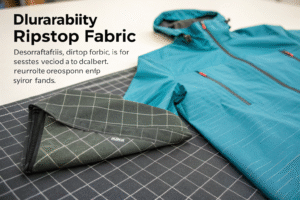Sourcing fabric from China can unlock massive scale, diverse materials, and impressive speed—but for global brands committed to sustainability and ethics, transparency is just as important as price or efficiency. The challenge? Navigating a huge supply landscape and ensuring your materials aren’t linked to labor violations or environmental harm.
To ethically source fabric from Chinese mills, brands must prioritize supplier audits, certification verification, sustainable practices, and direct relationships with trusted partners.
I’ve worked with hundreds of international buyers—from small fashion startups to legacy department stores—and many come to me burned by past sourcing mistakes. In this guide, I’ll share how we help global brands protect their reputation and ensure their sourcing from China is as ethical as it is efficient.
What Certifications Prove a Mill’s Ethical Standards?
When evaluating a potential Chinese supplier, the first proof point should always be certifications. These aren’t just logos—they’re lifelines for ethical assurance.
Globally recognized certifications like GOTS, BSCI, SEDEX, and OEKO-TEX help verify that Chinese mills follow labor, safety, and environmental standards.
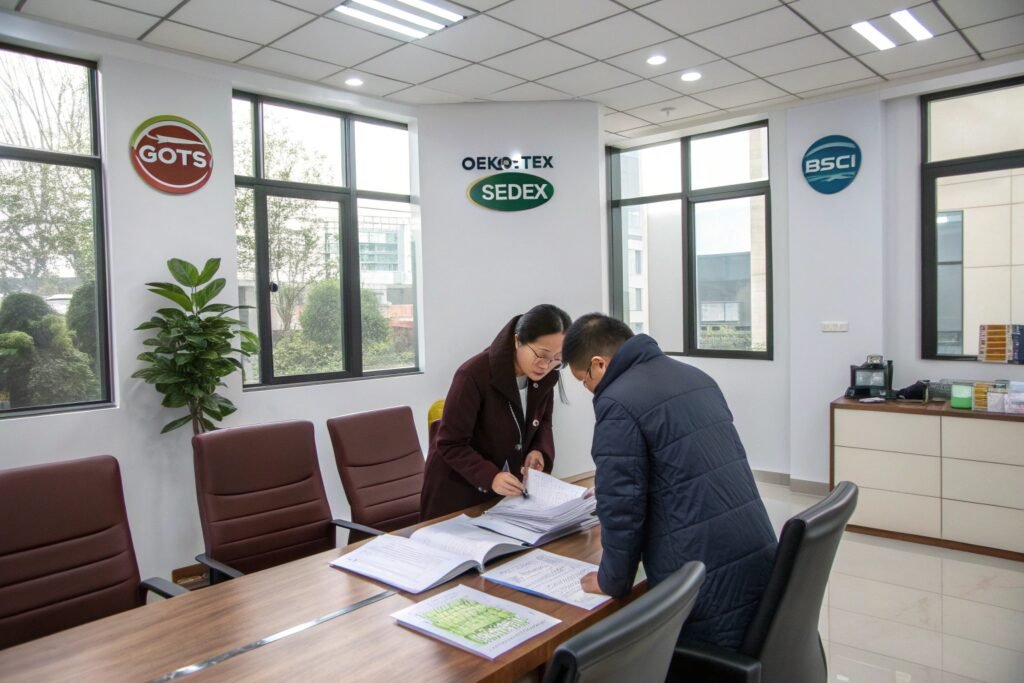
Why Is GOTS Important for Organic and Ethical Claims?
The Global Organic Textile Standard (GOTS) ensures that a product is made with certified organic fibers and processed under strict environmental and social criteria. This includes banned toxic chemicals, safe working conditions, and fair labor. For brands marketing natural or organic fabrics, GOTS isn't optional—it's essential.
In our own facilities, GOTS compliance means even our dyeing and printing partners use biodegradable chemicals and recycle water. Our overseas buyers use these certificates to pass customs and brand audits easily.
How Do SEDEX and BSCI Protect Labor Rights?
Both SEDEX and BSCI focus on social compliance. They audit mills for forced labor, underage employment, excessive overtime, and discrimination. They also evaluate fire safety, wages, and grievance mechanisms.
Many of our clients, especially those selling to European retailers, require proof of SEDEX or BSCI audits before confirming orders. We keep valid third-party reports on file for transparency during RFQ stages.
How to Verify Environmental Responsibility in Chinese Mills?
Environmental ethics go beyond fabric content. Sustainable brands must assess how mills manage energy, water, and chemical use.
To ensure environmental responsibility, look for factories with eco-friendly infrastructure, water treatment, energy-saving processes, and certifications like OEKO-TEX STeP or Bluesign.
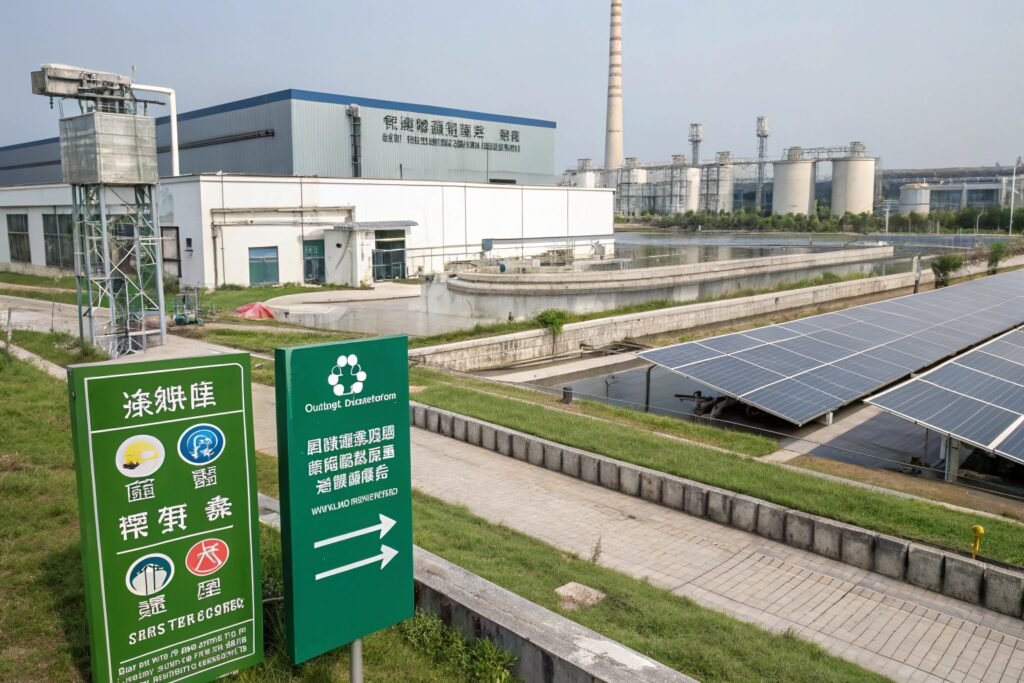
How Do Chinese Mills Manage Water Pollution?
Textile dyeing and finishing is water-intensive. Ethical mills in China often invest in water recycling systems and on-site treatment tanks. For instance, our dyeing partner in Zhejiang purifies over 90% of its wastewater before discharge. This exceeds China’s GB4287-2012 standards and earns us repeat business from eco-focused brands.
You can also look for mills listed in ZDHC Gateway, which tracks wastewater compliance globally.
Are Renewable Energy and Low-Carbon Practices Adopted?
Factories using rooftop solar, biomass boilers, and energy-saving looms stand out in audits. For example, our weaving site powers 60% of production with solar energy. This supports our clients' carbon-neutral claims. Brands often use carbon impact metrics powered by Higg Index to monitor supplier sustainability—choose mills that support this.
What Questions Should You Ask Chinese Suppliers?
Transparency starts with the right conversation. Don’t rely on beautiful brochures or Alibaba photos—dig deep.
Ethical sourcing depends on asking direct questions about labor policies, environmental measures, production traceability, and subcontracting practices.
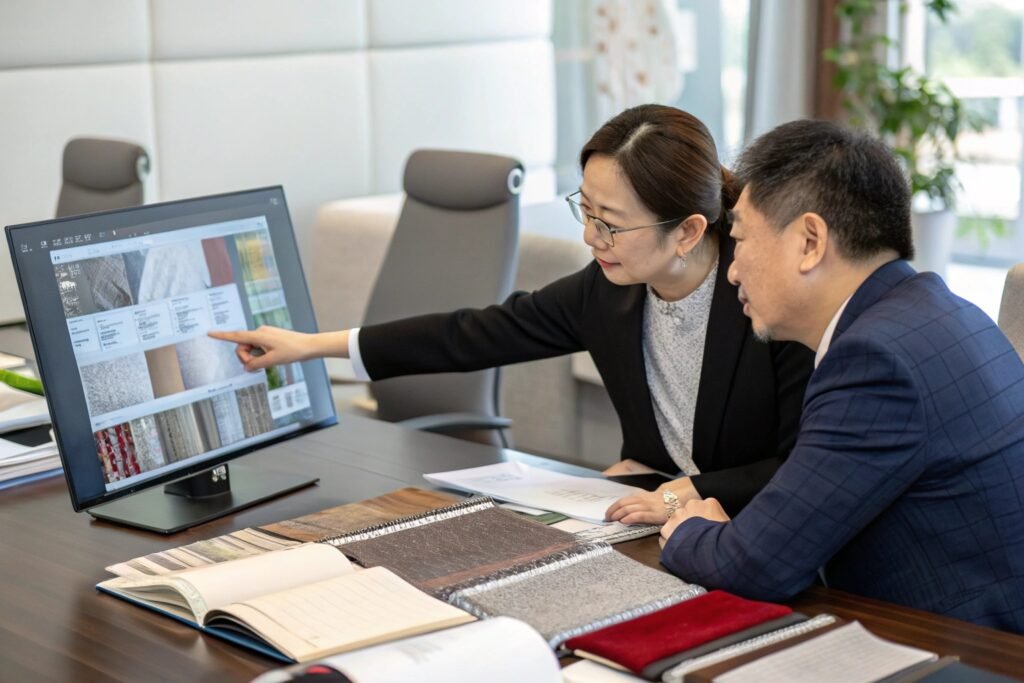
How Can You Confirm There's No Hidden Subcontracting?
A major risk in China is the use of unauthorized subcontractors. These smaller workshops may not follow labor or safety laws. Ask the mill to confirm whether all processes (weaving, dyeing, coating, printing) are in-house or handled by approved partners.
We support this transparency by offering real-time QR code tracking for each fabric roll—so buyers know exactly where and when their materials were processed.
What Labor Conditions Should You Expect?
Ask how workers are recruited, trained, and paid. What is the average weekly working hour count? Are dormitories optional or forced? Good suppliers will share details and often video tours. We also encourage brands to request live factory inspections via third-party agents like QIMA or SGS.
How to Build Long-Term Ethical Partnerships in China?
Ethics are built on relationships. Audits matter, but so do values—and consistency.
Long-term partnerships with trusted mills allow brands to improve ethics over time, co-develop eco fabrics, and secure stable pricing and quality.
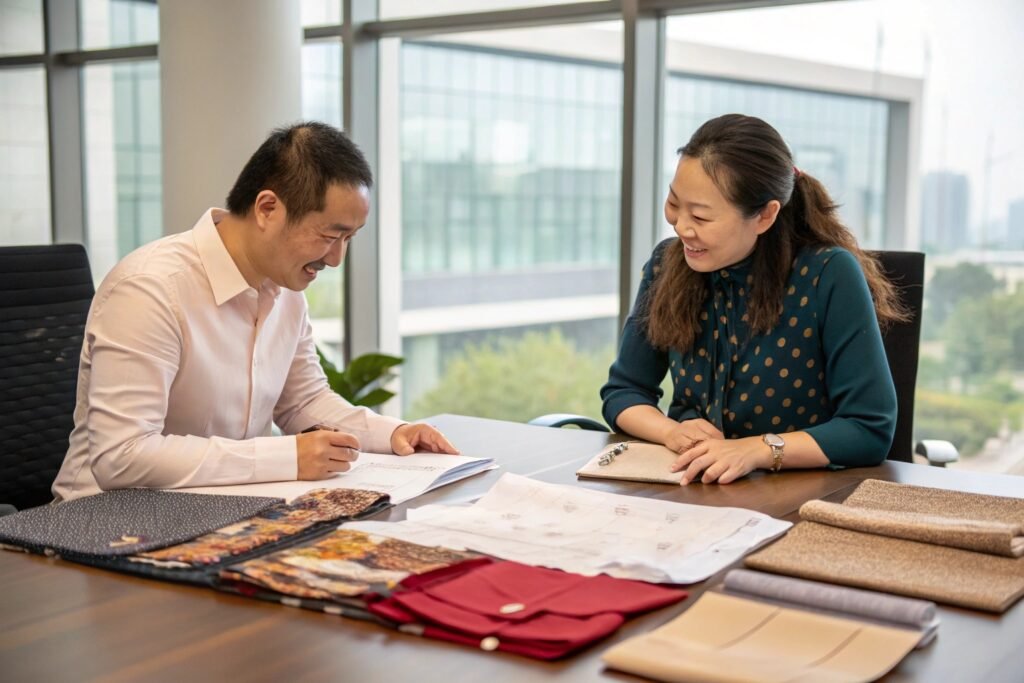
Why Is Relationship Building Key in Ethical Sourcing?
Frequent suppliers are more likely to follow your code of conduct. Over the years, we’ve helped our repeat clients transition to GRS-certified recycled fabrics, improve audit scores, and develop exclusive sustainable prints. Trust brings transformation.
According to McKinsey’s Apparel Sourcing Survey, brands with long-term supplier relationships report 40% higher compliance scores.
How Can You Audit Progress Over Time?
Create a sourcing dashboard that tracks certifications, order history, delivery timelines, and audit results. Brands like Patagonia use supplier scorecards. We share quarterly data with clients on defect rates, energy usage, and development cycle times—turning data into insight for better decision-making.
Conclusion
Sourcing ethically from Chinese textile mills is entirely possible—but it requires a proactive mindset. Start by verifying certifications like GOTS and BSCI. Confirm environmental systems like water recycling and renewable energy use. Dig deep into transparency with factory managers and always audit social responsibility directly. Most importantly, build long-term partnerships. At Fumao, we believe that ethical sourcing isn’t about checking boxes—it’s about accountability, consistency, and co-creating a future where fabric is not only beautiful but responsible.
